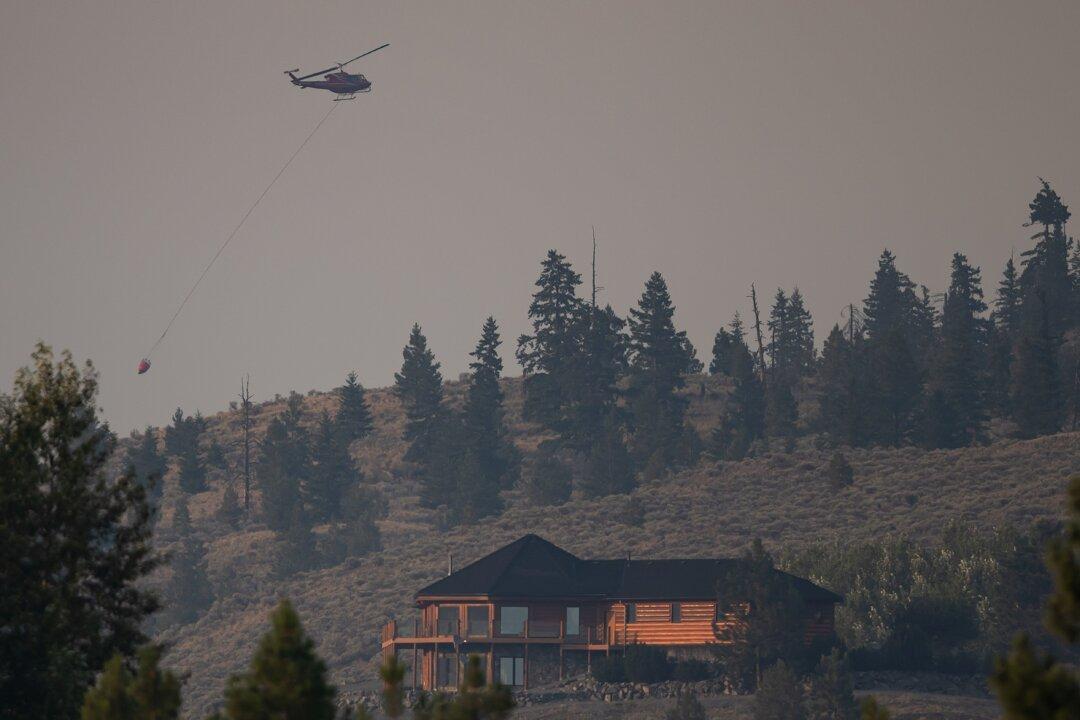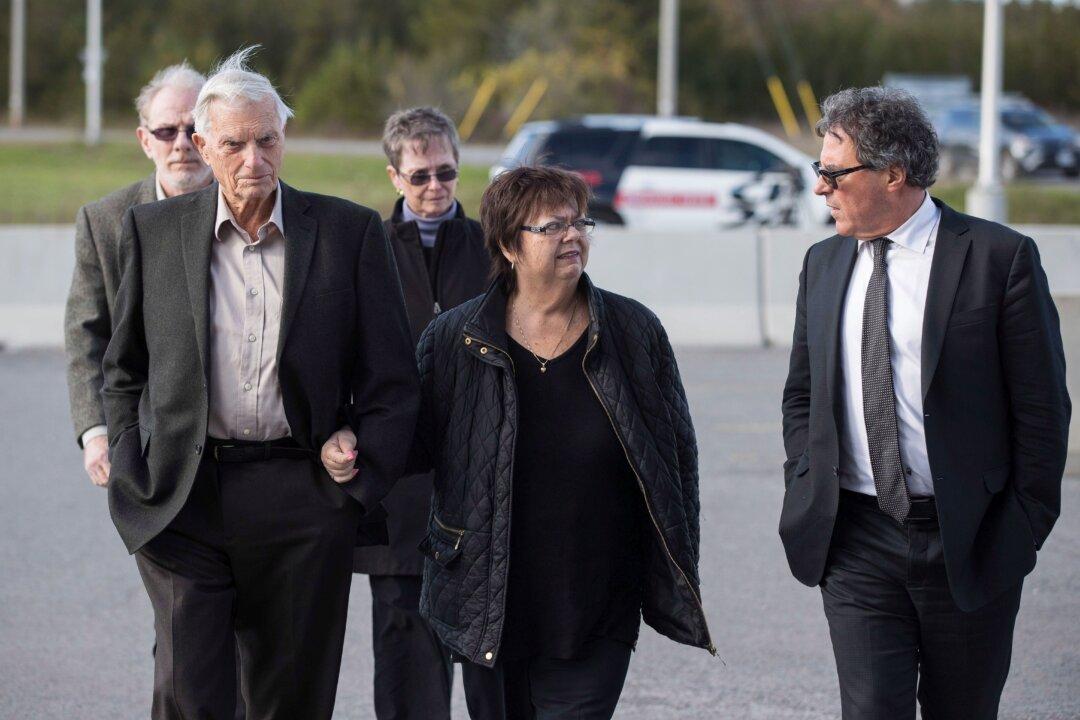As efforts to stem the spread of the CCP (Chinese Communist Party) virus, commonly known as novel coronavirus, ramp up across Canada, new announcements are coming by the day, including various bans on large gatherings and advice about self-isolating and social distancing.
The overarching goal of self-isolation and gathering bans, say public health officials, is to reduce the rate of infection and prevent the country’s hospitals and health centres from being overwhelmed.
Douglas Angus, Telfer School of Business professor emeritus and expert in health policy and economics, says he remains confident that Canada’s health-care system can handle the crisis.
“Hospitals have been delaying elective procedures and engaging their health-care professionals to be ‘on alert,’ be as ready as possible. This is a very fluid situation. But by and large, Canada’s health care sector is relatively capable of dealing with this,” he said.
“A very important activity that can help minimize strains on hospitals is for people to do what the public health professionals have been advising.”
But “the big unknown,” he adds, “is the length of time that this situation endures.”
To date, 597 Canadians have fallen ill from the virus, which originated last December in Wuhan, China, with only eight related deaths reported so far.
Additionally, Canada’s infection rate is relatively low—16 per one million—compared to places like Italy, where the virus has killed more than 2,500 with a rate of infection at 521 per one million population.
Like the flu, COVID-19 is most dangerous for the elderly and those with already compromised immune systems due to unrelated health issues.
As for how prepared individual Canadians are to manage through these unique circumstances, Jeff Donaldson, a Carleton University researcher and former soldier, says most Canadians could improve their “emergency preparedness.”
“Our power, water, fuel, and food supply, we have offloaded these responsibilities to the government and corporations, and society has become very dependent on that,” he says.
Quarantines and recommended self-isolation for those who have been in proximity to the virus, in concert with media reports on preparing for such an eventuality, have induced panic buying for items like toilet paper and food.
Donaldson said these instances, while fuelled by media hype, are indicative of the research on how unequipped the average person is for such situations. The 28-year veteran of the Canadian Forces is currently doing his PhD on why the message of preparedness is largely not adopted.
“Really it all goes back to the Cold War and trying to prepare the population for the worst. … But even on a good day, barely 48 percent of the population is actually prepared to a Public Safety Canada-recommended standard of having 72 hours’ worth of supplies on hand,” he said.
“Now most people can survive 72 hours without food—it’s not going to be comfortable but you will survive. But preparedness is thriving, not just surviving … and 14 days is a lot longer.”
The Epoch Times refers to the novel coronavirus, which causes the disease COVID-19, as the CCP virus because the Chinese Communist Party’s coverup and mismanagement allowed the virus to spread throughout China and create a global pandemic.





